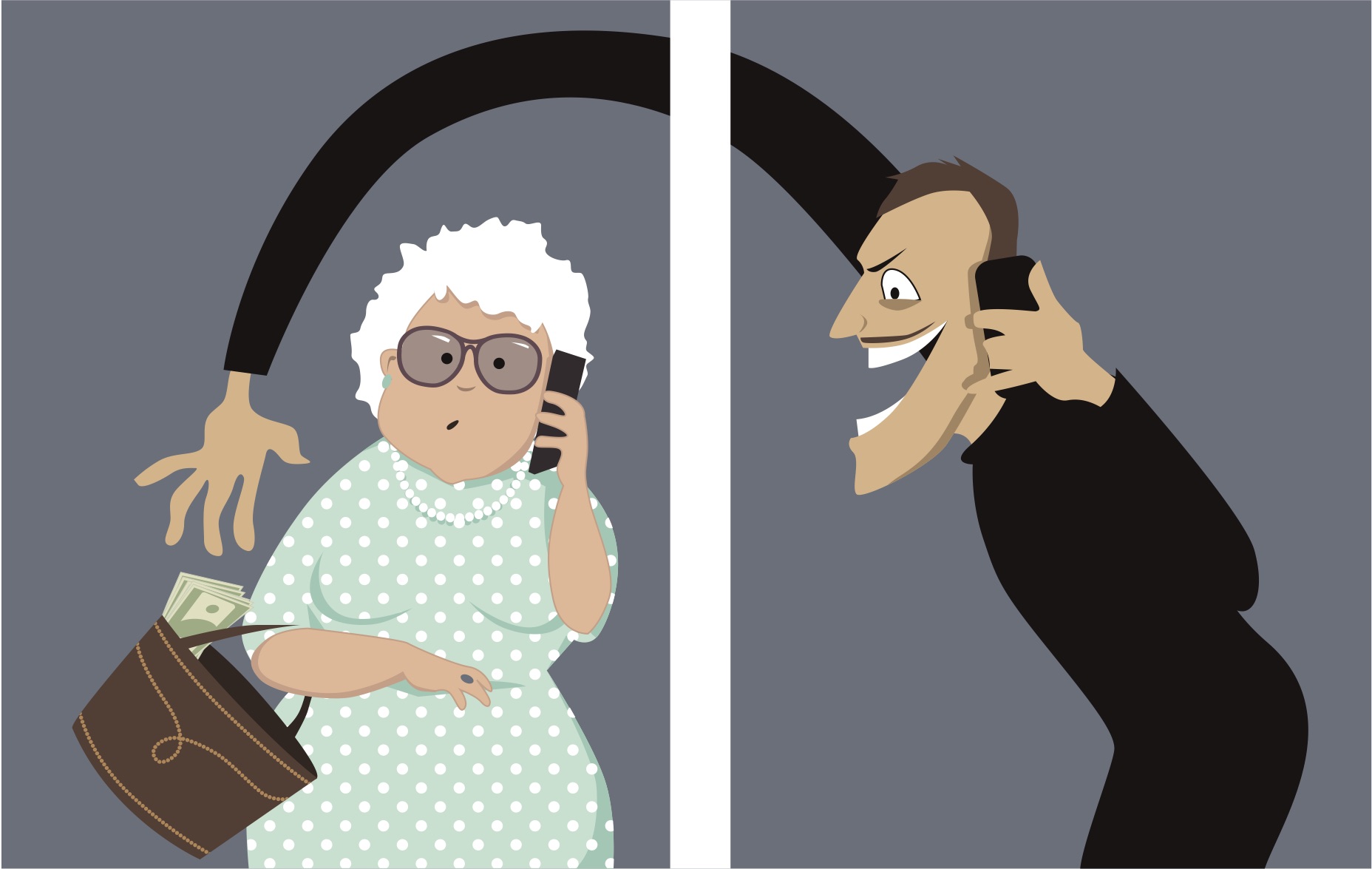Yes, it is possible to get life insurance when you have a heart condition. “Heart condition” covers a wide range of diagnoses, and there’s a wide range of life insurance options that may be available to you depending on your condition.
At the mild end of the spectrum are people who have abnormal EKGs but no heart disease or identifiable abnormality —they can sometimes achieve Best-tier pricing from at least one carrier. At the severe end of the spectrum would be chronic heart failure. Unfortunately it is often impossible to obtain individual coverage with a diagnosis of chronic heart failure. However, this is an instance in which coverage may still be available through a workplace program.
There are many heart conditions that fall in between, and thankfully there are often good life insurance options available for people with these conditions. Common examples include coronary artery disease, congenital heart defects, arrhythmia (including atrial fibrillation and tachycardia), mitral valve prolapse or regurgitation, and heart attacks (aka myocardial infarction). just to name a few.
What Does Applying for Life Insurance Look Like When You Have a Heart Condition?
When you apply for life insurance with a heart condition, the details will be important. The more information you can share with your agent, the better your agent will be able to match you with the carrier who is most receptive to your specific profile (aka the right carrier for you).
The key questions are:
- What type of heart condition do you have?
- How old were you at the time of your diagnosis?
- How old are you now?
- What medications are you taking?
- What tests have been done to determine the status of your condition?
- Examples: echocardiogram, electrocardiogram, stress test, Holter monitor, angiogram, nuclear scan, NT-ProBNP levels, cardiac catheterization
- What procedures have been performed related to your condition?
- Examples: bypass surgery, pacemaker, implantable cardioverter-defibrillator, corrective surgery for congenital defect, valve replacement
- How many cardiac events have you experienced?
- Examples: heart attack, heart surgery
- How many months or years have passed since your most recent cardiac event?
- What type of follow-up care are you receiving?
- What, if any, changes have you made to your lifestyle?
- How would you describe your diet and exercise habits?
- Do you have any other medical conditions? If so, which ones?
How to Increase Your Odds of Getting Approved When You Have a Heart Condition
Work with an independent brokerage agency
Working with an independent brokerage agency means that an insurance expert will comb the market to find thxe carrier who is most favorable towards your application.
This is really important because of the variation in how different carriers handle heart conditions. Two carriers looking at the exact same information about an applicant often come to very different conclusions. One carrier may look at a healthy person with an abnormal EKG (a mild heart condition) and offer Standard-tier (4th-best) pricing, while another carrier will look at the same information and qualify the person for Best-tier pricing. The difference between Best-tier and Standard-tier pricing is roughly double, so this makes a big difference to the individual’s bottom line!
With a moderate or severe heart condition, picking the right carrier for you can be the difference between getting approved or declined.
Consider the timing of your application
People who have had a heart attack, bypass surgery, or who have a pacemaker are often surprised to learn that many carriers are open to covering them when subsequent testing shows solid heart function. You can often be considered for coverage in a matter of months following the event or procedure—usually 3-12 months, but it varies by circumstances. Remember that you may qualify for better coverage or pricing as you get further away from a cardiac event.
And even if your application was declined, you may still be able to get coverage from another carrier. It is possible that you were guided to the wrong carrier for you, and that the right carrier for you would be willing to offer coverage.
Here are a few of the clients that we’ve helped:
Getting Life Insurance with a Mild Heart Condition—A Client Story
Robert* is a healthy, fit dad and professional who has abnormal EKGs. He had a full workup by a cardiologist who determined that the EKG is caused by his heart being positioned in his chest at a different angle from what is typical. He has no signs of heart disease.
While his cardiologist agrees the EKG is technically “abnormal,” she firmly believes it reflects what is normal and healthy for Robert. Sometimes, people have medical test results that fall outside the defined range of normal, but that “abnormality” is not actually a health problem.
Carriers often have different ideas about whether an abnormal test result can be underwritten as normal and healthy, and we were happy to identify the carrier that was willing to offer Best-tier pricing to Robert!
Getting Life Insurance When You Have Survived a Heart Attack—A Client Story
Winona*, a working mom with three young children and a husband, had survived a heart attack at age 38. With no history of heart issues or even a family history of heart disease, and as a reasonably fit person, it was a shocking and terrifying event for her and her loved ones.
When Winona was about three years past the date of her heart attack, she looked for life insurance. She told us that she currently takes four medications to support heart health and has embraced regular exercise, meditation, stopped drinking alcohol, and eats a mostly vegetarian diet.
People who have had heart attacks before age 40 are particularly difficult to get covered, as many carriers have a blanket prohibition, at least until the applicant has survived for another 10 years (or more). Our insurance concierges were up to the challenge.
While most carriers were not receptive to insuring Winona, wanting to see more than 3 years since the heart attack, we successfully identified a carrier at Table 3 (aka Table C) pricing! This was a fantastic result given the relatively short time since her heart attack and her young age at the time of the heart attack.
While her options will hopefully get even better as she has additional years of healthy, heart-trouble-free living, she did the smart thing by jumping on the best coverage she qualified for, and she always has the opportunity to re-apply and try to improve on her coverage in the future.
The Best Advice For Getting Life Insurance When You Have a Heart Condition
Work with an independent brokerage agency. Instead of trying to shoehorn you into a policy with their favored carrier an independent broker will do the legwork to track down your very best carrier and coverage option.
Get an online quote or send a message to an AboveBoard agent to learn more about your options. We are happy to guide you through the questions that will be most important to your application for life insurance and help you find the carrier most receptive to your unique profile.





